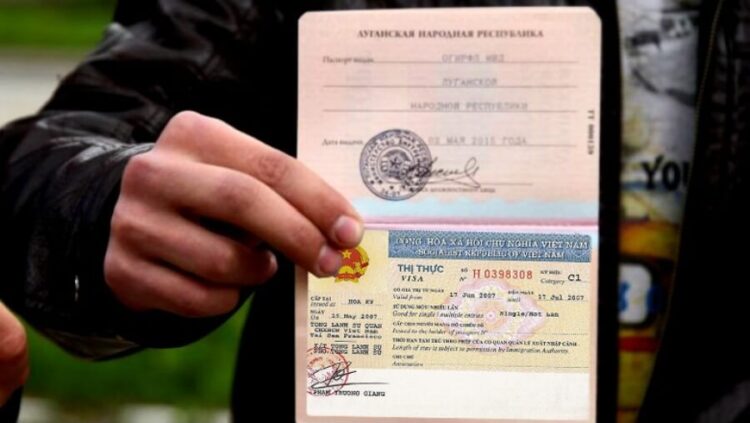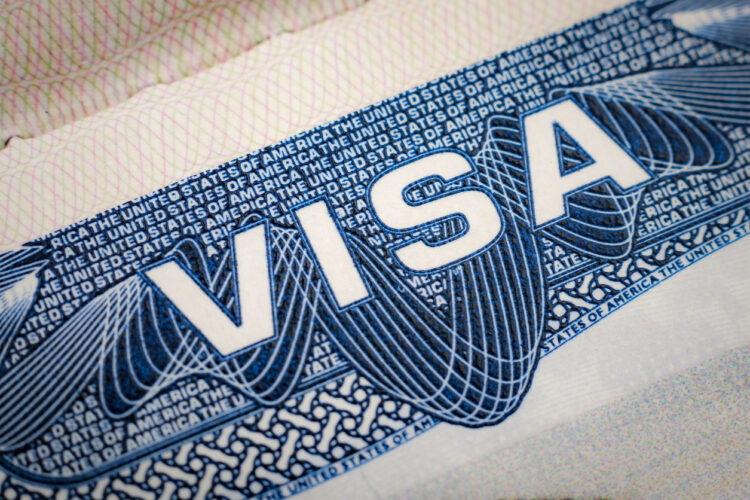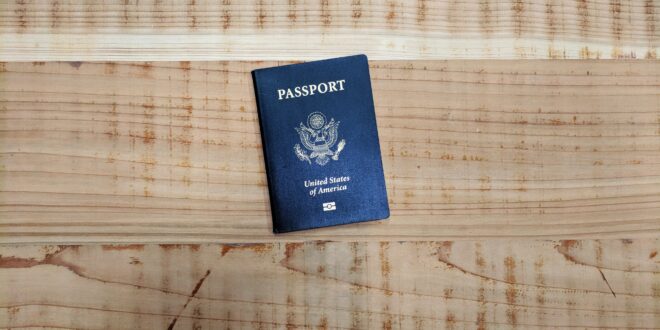Whether you’re in the USA for a longer stay as a tourist or an employee for a company based in the USA, getting a nonimmigrant visa requires experts and legal assistance. More precisely stated, depending on the purpose and length of your stay, you must decide
Either to get a nonimmigrant visa or temporary stay to visit the US.
I strongly urge that you would have the desire to know and obtain information first about the benefits provided by being a nonimmigrant in the United States.
Employment benefits H-1B nonimmigrant

Benefits for H-1B includes programs such as Health, life, disability, and other insurance plans. Retirement and savings plans. According to ashoorilaw.com compensation for cash bonuses and non-cash such as stock options also apply.
Benefits are offered to H-1B workers employed by multinational firms
No benefits need to be given if the employee remains on the origin country payroll for the H-1B employee placed in the US for 90 consecutive days. The employer must treat H-1B workers similarly to US workers. They may offer identical or additional benefits, and nonimmigrants can’t be denied if they are “temporary employees.”
Employment Benefits for H-2B Nonimmigrants

H-2B workers, however, are not being offered the same benefits for US Workers. The employer may choose to provide but not required to. It is according to immigration law, but other laws require health benefits.
H-2B nonimmigrants program allows the hiring of nonimmigrants for nonagricultural labor services in the United States. The employer should attest to the Department of Labor that offers a minimum wage during the entire period of employment.
The Department of Labor will offer minimum wage to the H-2B nonimmigrant worker during the approved employment labor certification. The H-2B program established displacement standards to protect US workers similarly.
Health Benefits for H-1B nonimmigrants
Health Insurance for H-1B is not indicated in the Affordable Care Act or other health benefits law. Thus it is required that H-1B workers get the same benefits as similarly to US workers according to immigration law.
In Addition to legal change for H-1B visa holders, the costs of healthcare in light of COVID 19 makes it paramount for them to have health insurance. H-1B visa holders should provide information such as age, their maximum medical coverage, duration, and deductible of their insurance for COVID coverage.
Many H1B visa holders are either having medical insurance coverage for Coronavirus or without proper health insurance. However, American Visitor Insurance is getting medical insurance coverage available at this time.
Health Insurance is mandatory in the US, according to the Affordable Care Act (ACA). The Trump Administration requires and makes it compulsory for having health insurance. To be qualified for Medicare, an individual must have worked in the US for ten years. An individual should have at least have a green card for five years too.
H1-B visa Health Insurance Coverage includes prescription drugs, hospital fees, and also doctor’s visits. Major Insurers who offer health insurance make sure to offer the best and most appropriate plan for H1B needs. The monthly premium cost for the H1B nonimmigrants visa insurance plan depends on several variables.
First, it will be a more expensive medical insurance cost if the H visa holder is older. The higher the coverage amount means, the higher the premium will be.H1B, who are over 60 years old, may have $0 deductible. However, they will have a higher premium.
Fixed benefit plans for H1B offer a $50,000 limit,$3000 for surgery, and $500 for diagnostics like X-rays, scans). This plan requires a payment of initial deductible in each sickness, and the plan will cover the rest. Fixed benefit plans have lower premiums, but the out of pocket cost is a bit high.
Unemployment Benefits for Nonimmigrants

Nonimmigrants, who lost their job in the US, may collect unemployment benefits. Whether it’s because of the pandemic or other cases, there are some cases that it can be provided. Be mindful that it depends on the state as they each have their requirements. They require an individual as authorized to work to collect benefits once the employment is terminated the foreign national falls out of status.
With the onset of COVID-19, some states waived unemployment insurance so that nonimmigrants will be eligible if they have reduced hours. It is somehow complicated and time-consuming since others must re-apply at US consular posts abroad.
Governors of many states have issued orders to allow individuals affected by COVID-19 to be offered by unemployment benefits too. Some states are California and Oregon extended benefits to those who are on a temporary layoff. Extended benefits also apply to claimants whose employer has stopped operations for a short period. It requires claimants to stay in contact with their employer and must be available to work once called back.
Public Benefits for a nonimmigrant visa

It requires aliens in the United States who have a nonimmigrant visa to extend their stay in the same classification. They will be able to obtain public benefits if they extend their stay for 12 months or within 36 months. However, this rule does not apply to Refugees, Asylees, Afghans, and Iraqis with special immigrant visas. DHS (Department of Homeland Security) public benefits include Supplemental Security Income, Temporary Assistance for needy Families, and Supplemental Nutrition Assistance Program.
There are certain Medicaid benefits which are not considered for the public charge assessment. The
Medicaid benefits are received for emergency medical conditions, medical received by children under 21 years old, and pregnancy during 60 days. Benefits are only considered if it’s received directly from the applicant or if the applicant is part as a beneficiary of the public benefit.
With the new rule of public charge, the Form I-129 is used for nonimmigrant employment-based.
This includes questions regarding individual use of public benefits. This form is also used for filing a change of status or extension in the United States.
Generally, either nonimmigrant or an immigrant visa for permanent residence, specific facts for workplace and employer arrangements play a significant role. Leave benefits, disabilities, tax, and other benefits are the most qualified subjects to consider. The law can provide general guidelines, to which applicants for a visa should have a healthy dose of knowledge and common sense.
 Hi Boox Popular Magazine 2024
Hi Boox Popular Magazine 2024



